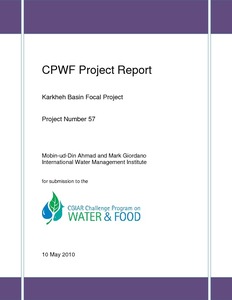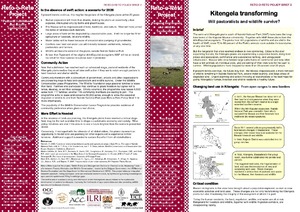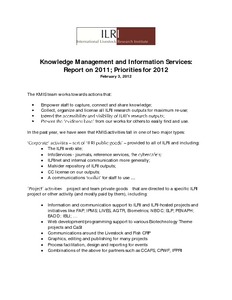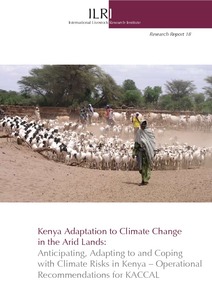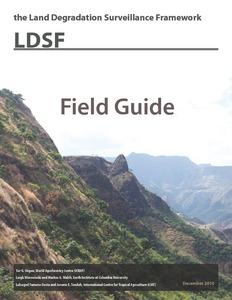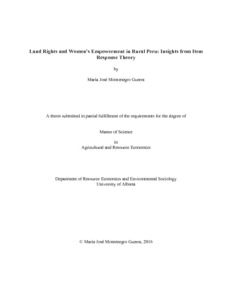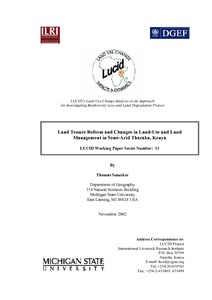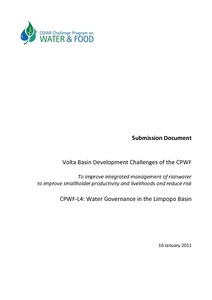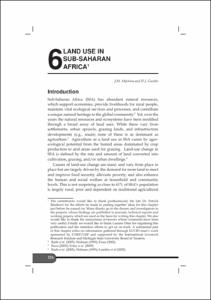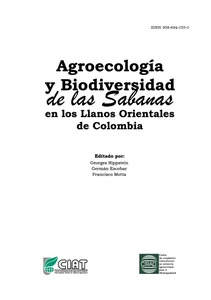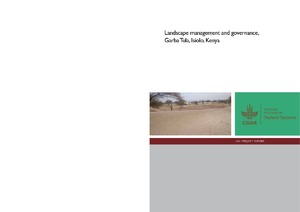Karkheh Basin Focal Project
The Karkheh Basin Focal Project was designed to collect and organize baseline information
for future researchers and to highlight future research needs. All collected data is available
in the IDIS system. The specific research findings and recommendations for the basin are
1) The use of non-agricultural water measures is likely to be a more effective solution to
remaining rural poverty in the Karkheh basin and Iran; 2) In the short to medium term,
agricultural water policy and research should focus on improvements in physical water

